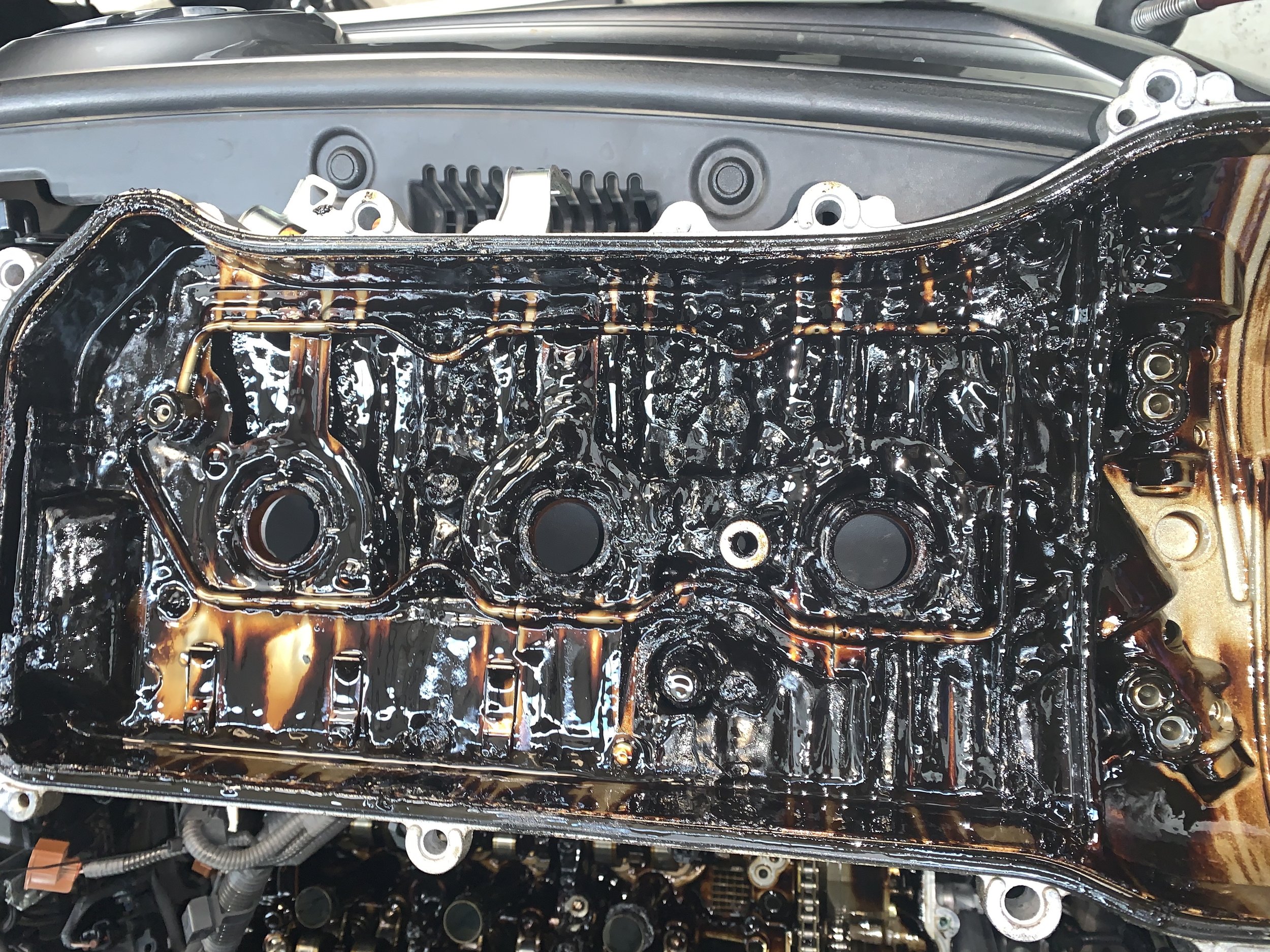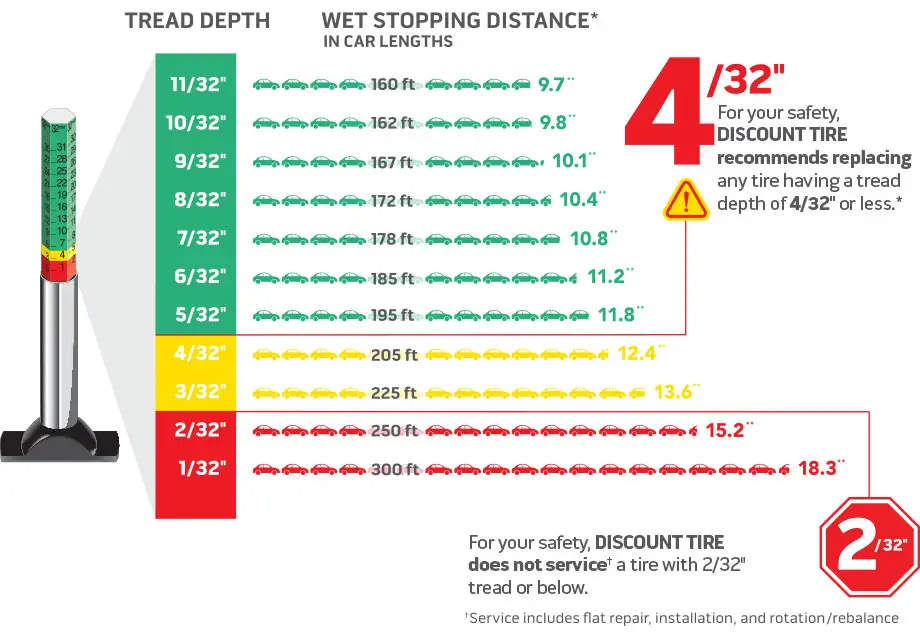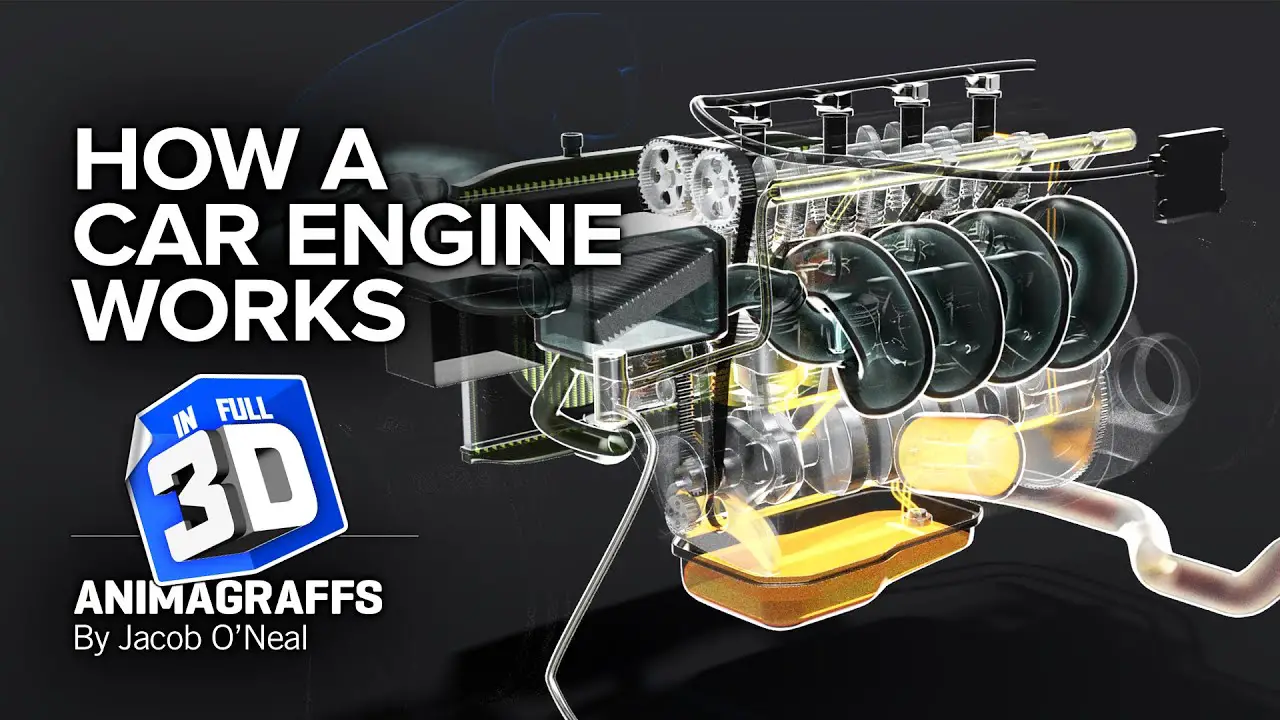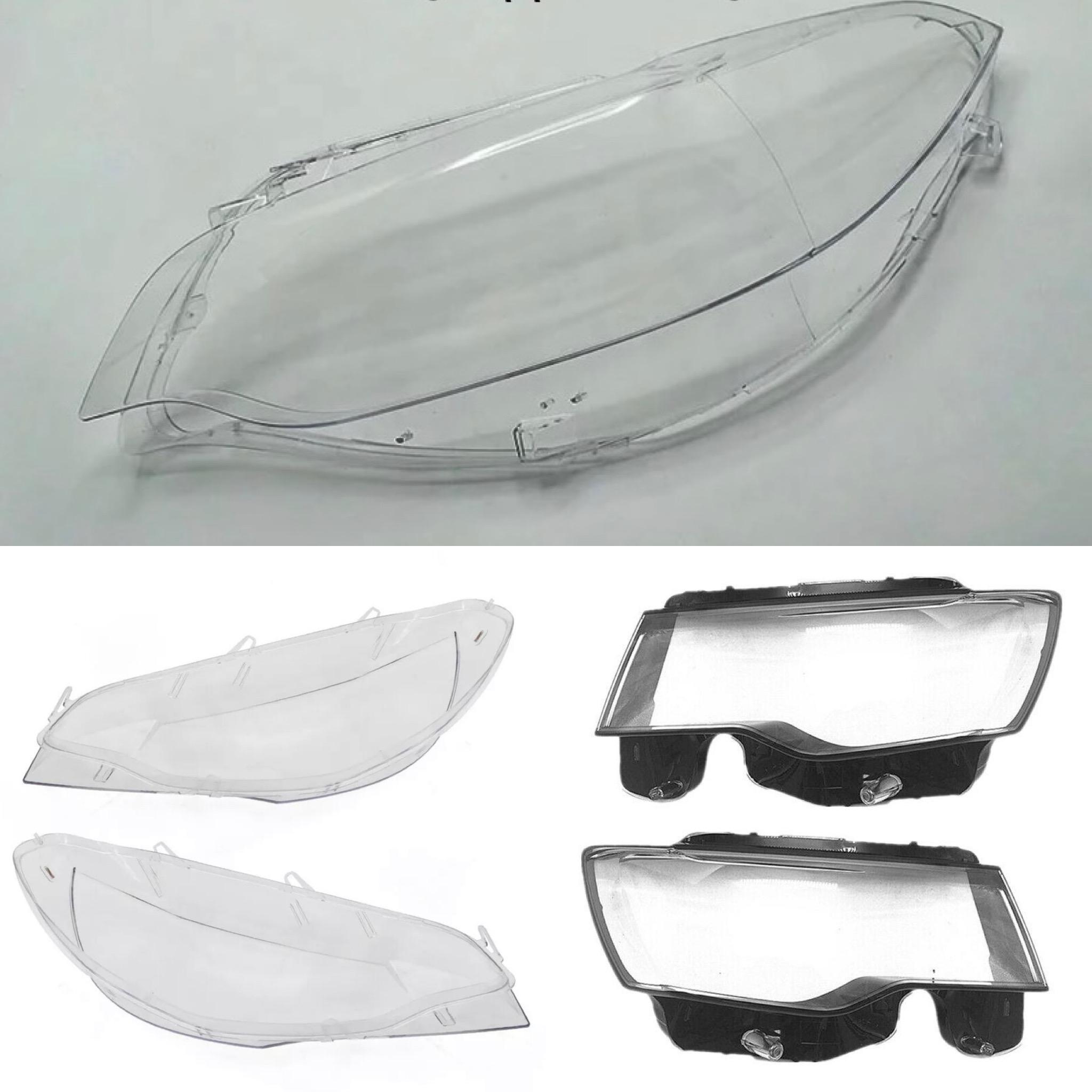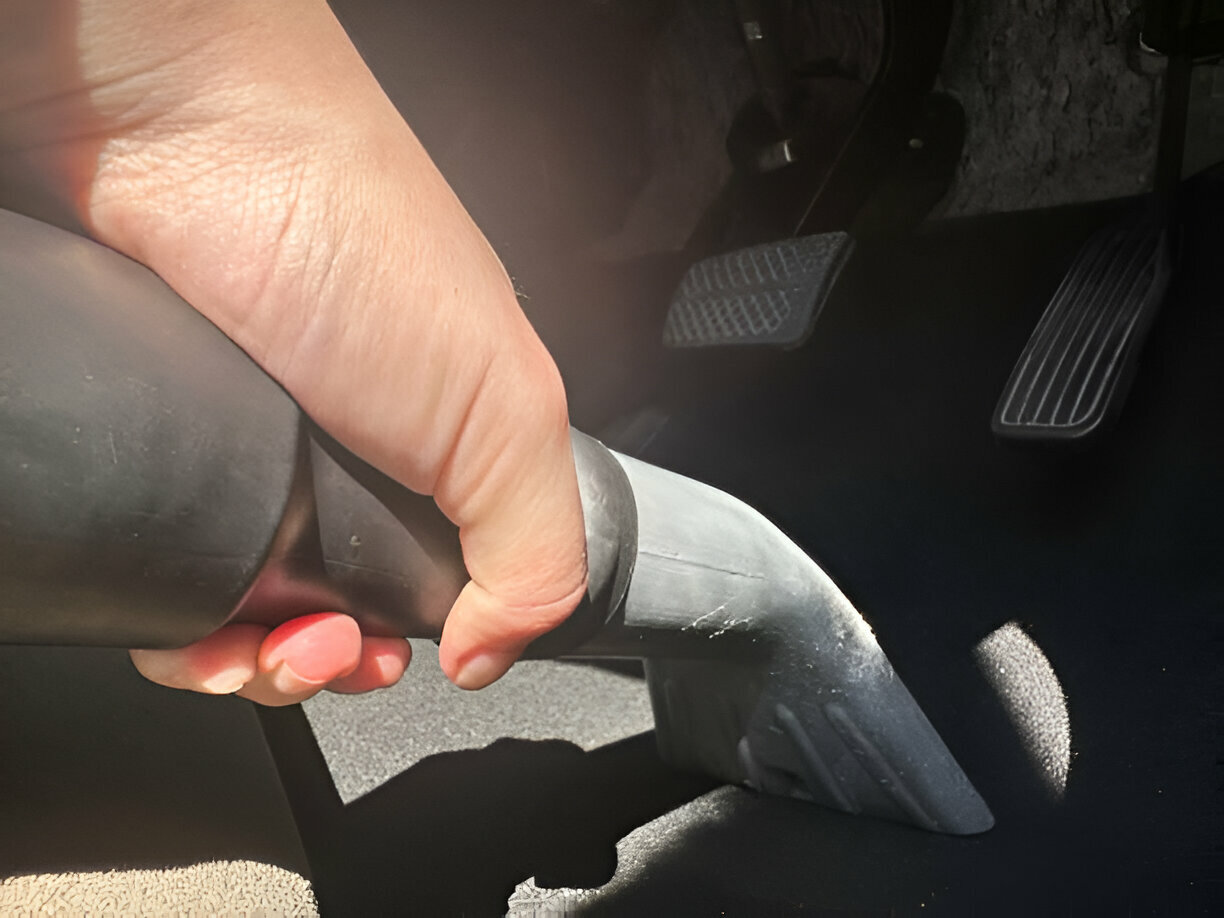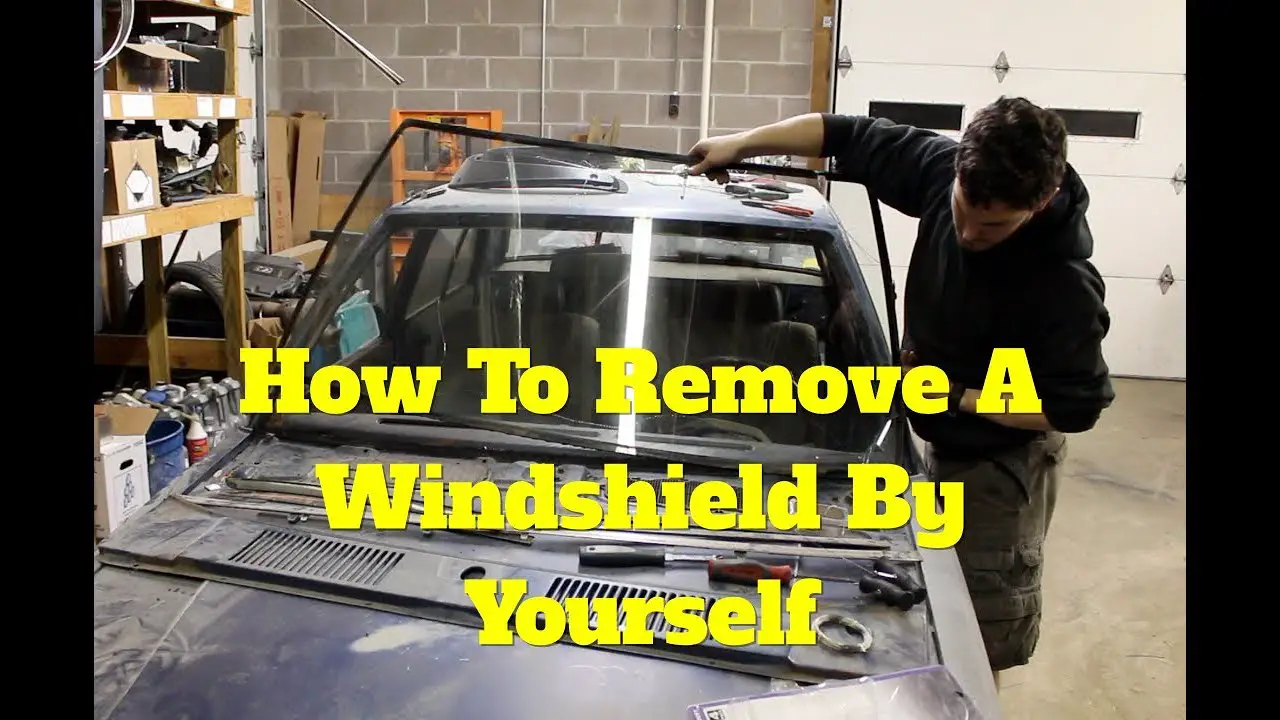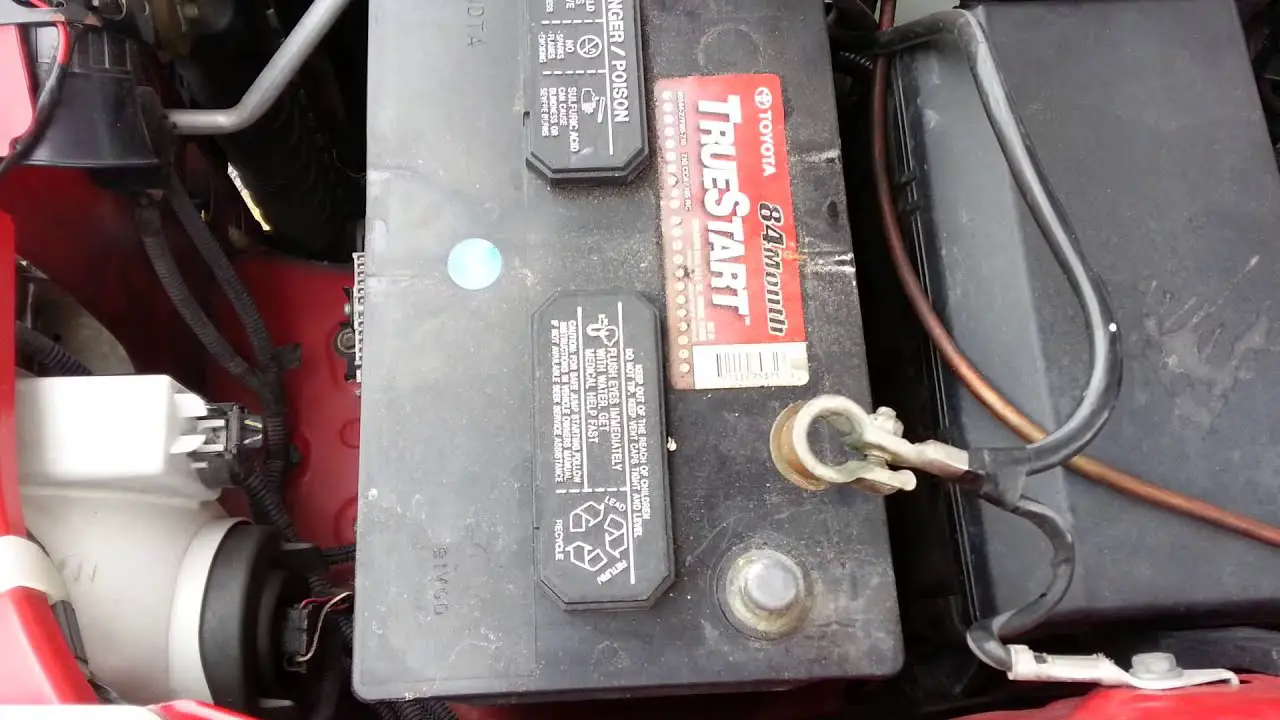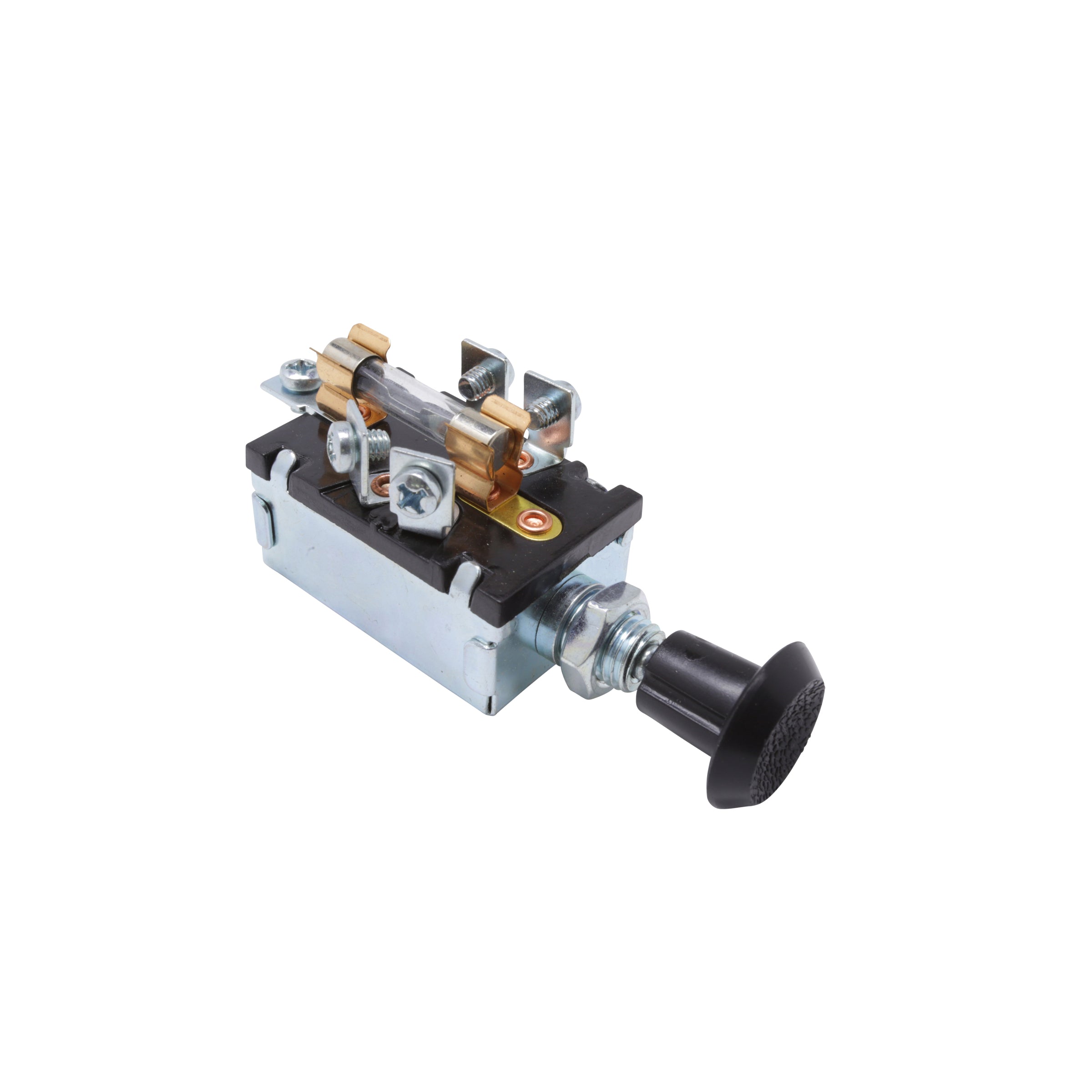How to Flush Oil Sludge from Engine: Quick & Effective
To flush oil sludge from the engine, use an engine flush additive or change the oil and filter more frequently. Regularly changing the oil and filter will help remove sludge buildup and keep your engine running smoothly. Oil sludge is a thick, tar-like substance that can accumulate in your engine over time, leading to reduced … Read more
